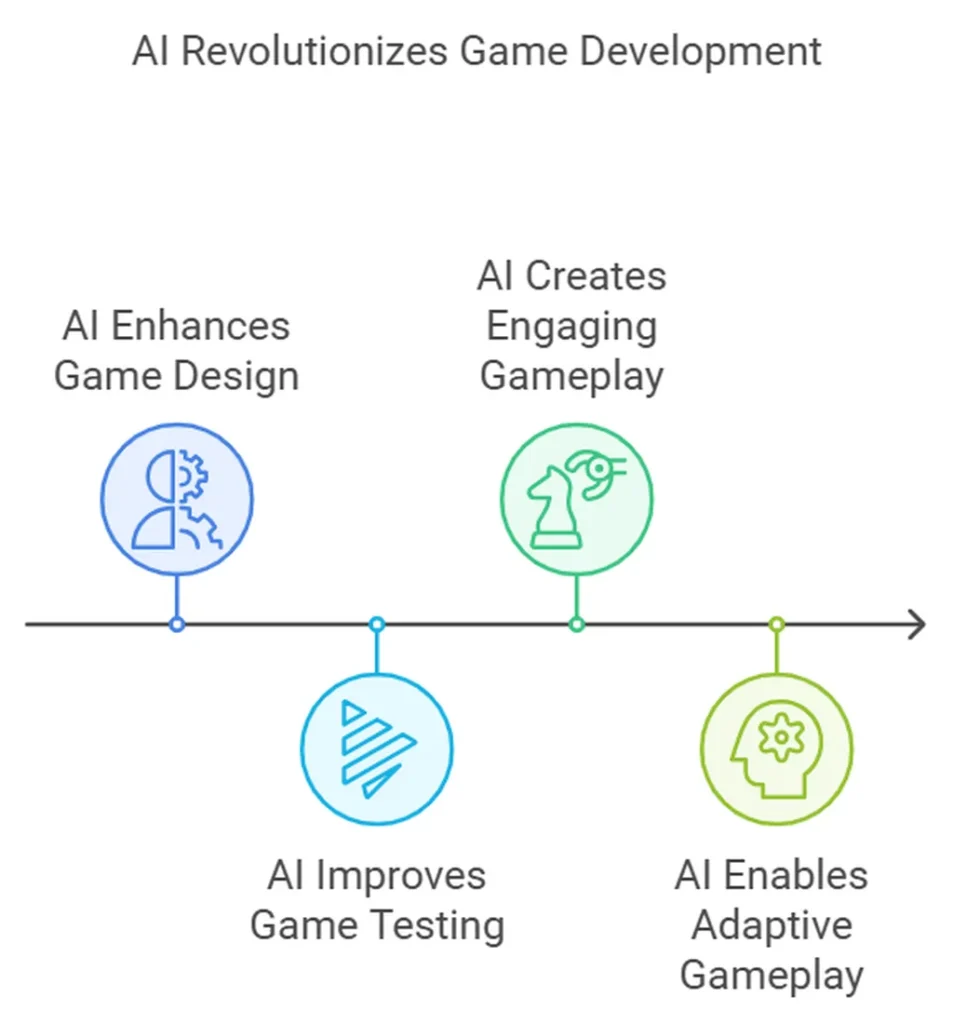In the rapidly evolving landscape of artificial intelligence (AI), the need for effective governance has become increasingly critical. As AI continues to permeate various industries and aspects of daily life, ensuring that its advancements are safe, fair, and aligned with human values is paramount. Researchers Na Zhang, Kun Yue, and Chao Fang have taken a significant step in this direction by proposing a game-theoretic framework for AI governance. Their work, which leverages the principles of game theory, offers a novel approach to understanding and structuring the complex interactions between regulatory agencies and AI firms.
The researchers highlight the strategic nature of these interactions, drawing parallels to a Stackelberg game—a model where one player, the leader, moves first, and the other, the follower, responds accordingly. This framework is particularly apt for capturing the dynamics of AI governance, where regulatory agencies often take the lead in setting standards and guidelines, and AI firms subsequently adapt their practices in response. By formalizing this interaction as a Stackelberg game, the researchers provide a robust model that distinguishes itself from more traditional simultaneous play models.
One of the key contributions of this work is the identification of two distinct settings within the Stackelberg framework. The first setting maps to the governance of civil domains, where the focus is on ensuring that AI systems are deployed responsibly and ethically in everyday applications. The second setting pertains to safety-critical and military domains, where the stakes are higher, and the need for stringent oversight is more pronounced. The researchers demonstrate that the choice of governance setting can be contingent on the capability of the intelligent systems involved, offering a flexible and adaptable approach to AI governance.
This research is groundbreaking in its application of game theory to the field of AI governance. By providing a quantitative and AI-driven methodology, the researchers aim to overcome many of the shortcomings of existing qualitative approaches. The proposed framework not only enhances our understanding of the strategic interactions between regulators and AI firms but also paves the way for more effective and nuanced governance strategies.
The implications of this work extend beyond the immediate scope of AI governance. The researchers hope that their framework will stimulate further interdisciplinary research, fostering a new paradigm for technology policy. By integrating game-theoretic models with AI-driven analytics, this approach holds significant promise for developing more robust and adaptive policies that can keep pace with the rapid advancements in AI technology.
In conclusion, the game-theoretic framework proposed by Zhang, Yue, and Fang represents a significant advancement in the field of AI governance. By leveraging the principles of game theory, they offer a novel and effective way to model the strategic interactions between regulatory agencies and AI firms. This work not only enhances our understanding of AI governance but also sets the stage for future research and policy development in this critical area. As AI continues to transform our world, the need for effective governance has never been more pressing, and this research provides a valuable tool for meeting that challenge. Read the original research paper here.

